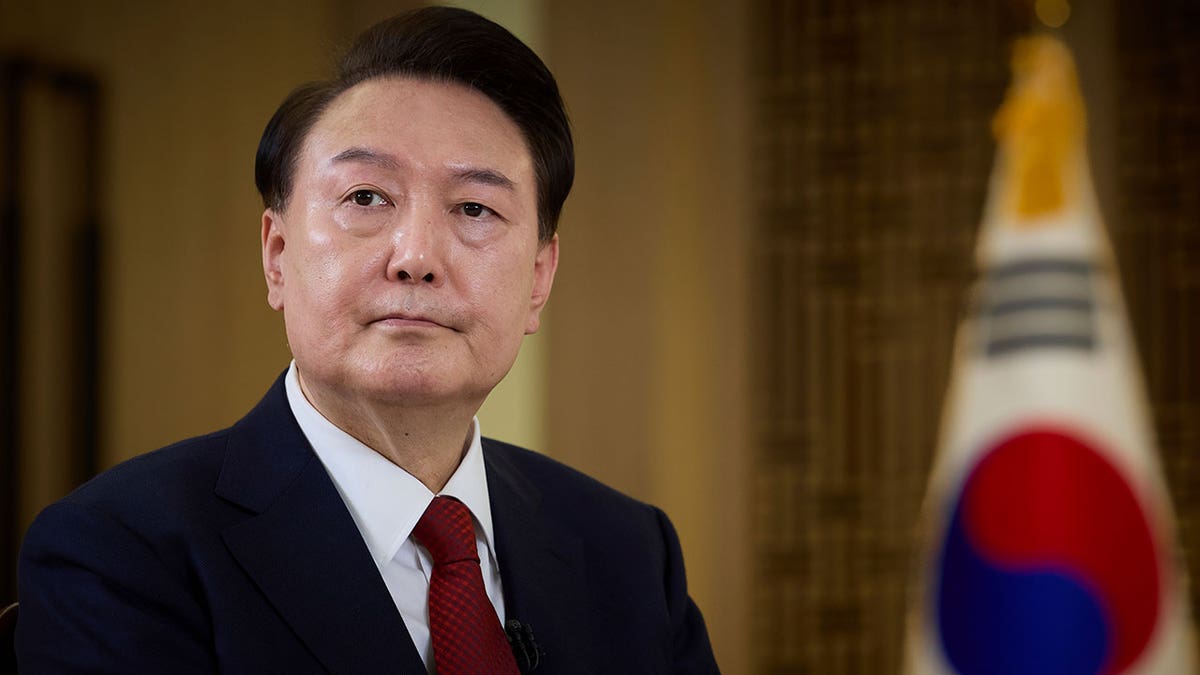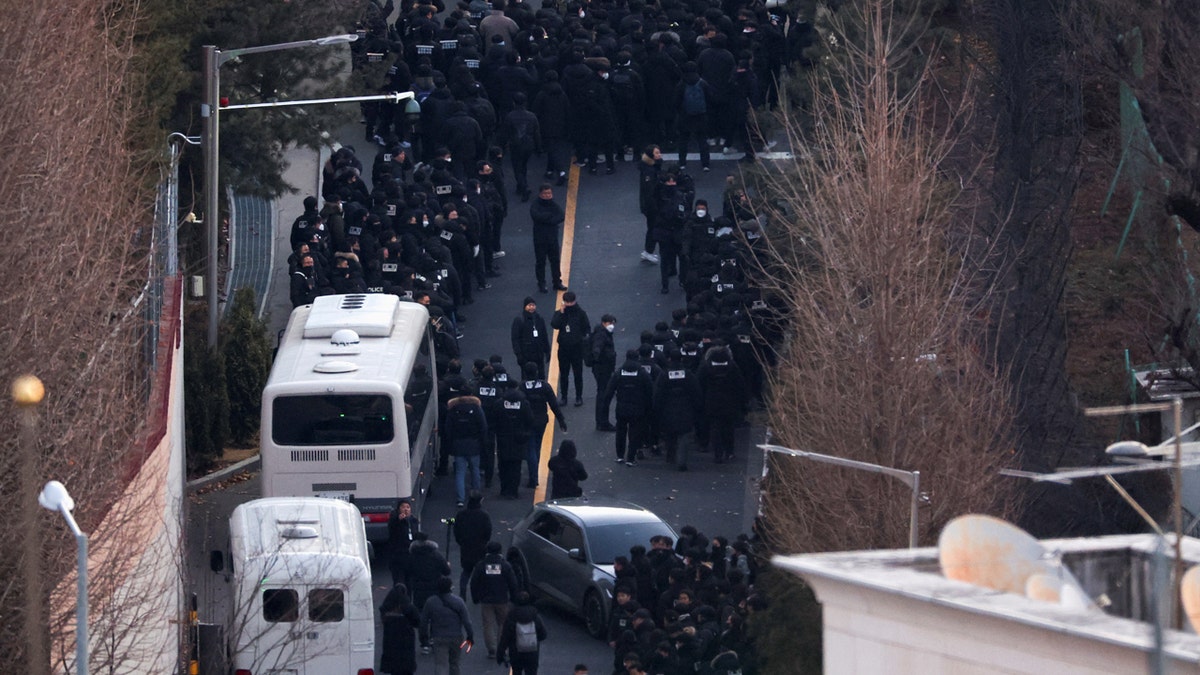In a dramatic turn of events, South Korean President Yoon Suk Yeol is facing impeachment proceedings and an arrest warrant. Opposition parties initiated the impeachment process on Wednesday, following Yoon's controversial declaration of martial law last month, a move that has drawn widespread condemnation. Yoon, currently suspended from his presidential duties, has been in hiding at his Seoul residence since the martial law declaration. A warrant for his arrest was issued after he failed to appear for questioning related to the charges.
Law enforcement officials, numbering in the thousands, have attempted to detain Yoon, but their efforts have been met with resistance from his security detail and supporters. A previous attempt to apprehend him resulted in a six-hour standoff. Acting President Choi Sang-mok has emphasized the need to avoid conflict between state agencies and warned of consequences for those who incite violence.

Yoon's legal team is arguing that executing the arrest warrant is unlawful, citing a law that prohibits non-consensual searches of locations potentially connected to military secrets. They also claim the warrant is a tactic to publicly humiliate the embattled president. This arrest warrant marks a historic first for a sitting South Korean president. The declaration of martial law, which triggered this crisis, was seen as a drastic response to the opposition-controlled parliament's refusal to advance Yoon's political agenda. This action has caused significant concern both domestically and internationally, as South Korea is generally considered a stable democracy.

Parliament voted overwhelmingly to suspend Yoon, with even members of his own party supporting the measure. The Constitutional Court will determine whether to uphold the impeachment motion, requiring a three-fourths majority. The court is scheduled to convene on Thursday.
Comments(0)
Top Comments